
Science-Backed Benefits of Thyme: From Blood Pressure to Bronchitis Relief
Thyme (Thymus vulgaris) is a potent aromatic herb cherished not just for its peppery, minty flavor, but also for its extensive therapeutic properties. Packed with antioxidants and antimicrobial compounds like thymol and carvacrol, thyme tea and essential oil offer powerful benefits for your respiratory, cardiovascular, and nervous systems.
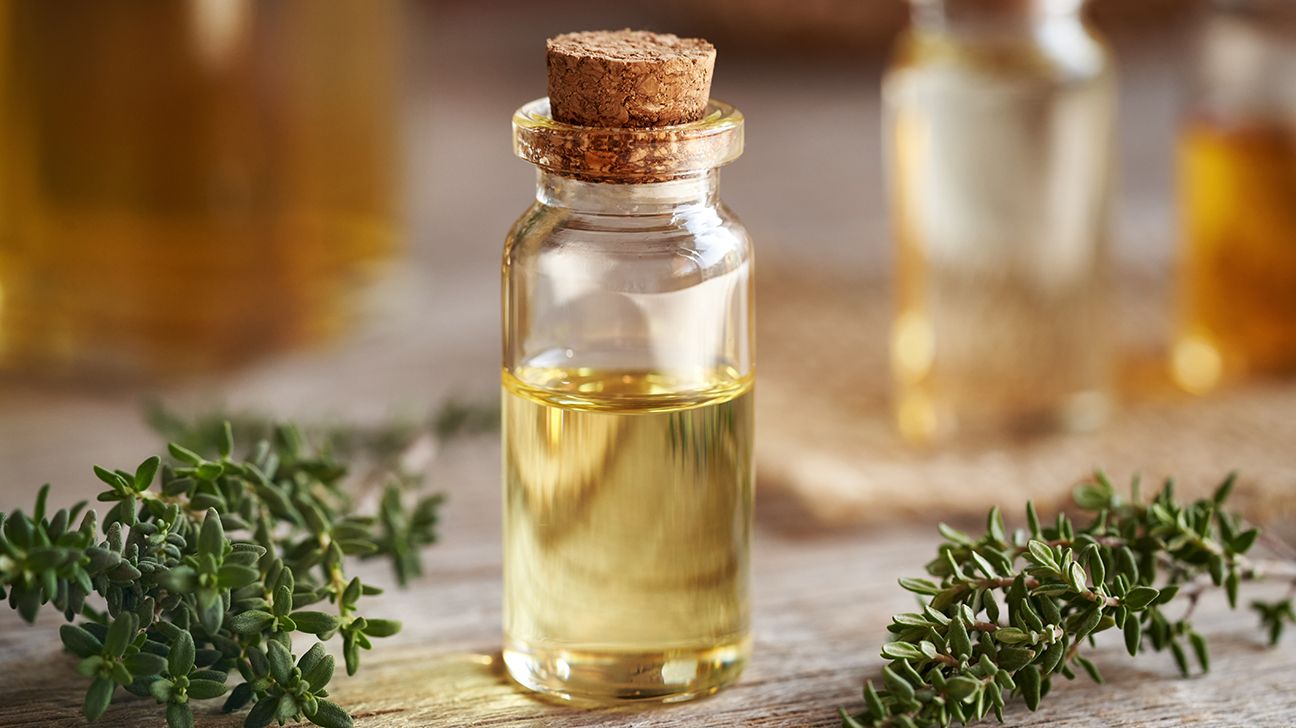
What Makes Thyme So Potent?
Thyme is one of the most potent medicinal herbs, rich in vitamins () and minerals (calcium, potassium, iron).
-
Antioxidant Power: Fresh thyme is loaded with antioxidants, protecting the body from cellular damage.
-
Antimicrobial Action: Thyme essential oil, mainly composed of thymol, demonstrates powerful activity against a wide range of bacteria () and fungi, often proving effective even against antibiotic-resistant strains.
-
Thyme Tea: Steeping dried or fresh thyme extracts the herb's goodness, providing respiratory support, reducing inflammation, and aiding digestion.
How to Make Thyme Tea
Thyme tea is easy to make and can be enjoyed warm for internal benefits or cooled as a topical tonic or gargle.
Recipe:
-
Pour boiling water into a cup.
-
Add 1 teaspoon of dried thyme (triple the amount for fresh leaves).
-
Cover and let it infuse for 10 minutes.
-
Strain the leaves. Add a teaspoon of honey once the tea has cooled slightly for added flavor and soothing properties.
-
Drink times a day to boost immunity or clear a cough.
Scientifically Supported Health Benefits of Thyme
1. Respiratory Infection Relief (Coughs, Colds, and Bronchitis)
Thyme's antimicrobial and antispasmodic properties make it a top natural remedy for the respiratory system.
-
Antitussive Action: Thyme contains compounds that help suppress coughing and act as a natural expectorant to break up thick mucus associated with the flu, cold, and bronchitis.
-
Treating Bronchitis: Studies show that remedies containing thyme (often paired with primrose root or ivy leaf) help reduce the frequency and severity of coughing fits and alleviate bronchitis symptoms.
-
Inhalation: Inhaling the vapors of thyme essential oil can help clear airways and treat respiratory tract infections.
2. Lowers Blood Pressure and Cholesterol
Thyme benefits the cardiovascular system through its antioxidative and regulating effects.
-
Treats Hypertension: Thyme extracts help reduce hypertension, lowering both systolic and diastolic blood pressure.
-
Heart Rate and : Consumption of thyme extracts has been shown to reduce heart rate and lower (bad) cholesterol, which is strongly linked to heart disease.
-
Tip: Use thyme as a delicious, natural flavor in your meals to replace salt, an essential step in controlling hypertension.
3. Fights Anxiety and Promotes Relaxation
Thyme tea and its essential oil can act as a natural nervous system tonic.
-
Anxiolytic Effect: Studies suggest that consuming thyme extracts or inhaling its compounds (like carvacrol) may have an anxiety-reducing () effect, helping to reduce stress and anxiety levels.
-
Use: Inhale the scent of thyme essential oil from a diffuser or drink a cup of relaxing thyme tea in the evening.
4. Treats Strep Throat and Oral Pathogens
Thyme's antimicrobial effect extends powerfully to the mouth and throat.
-
Gargle for Strep: Thyme essential oil is effective against various Streptococcus bacteria strains. Gargling with cooled thyme tea can help soothe the throat, maintain mucous membranes, and naturally treat bacterial throat infections.
-
Use: Gargle with cooled thyme tea ( dried thyme per cup of water) times a day.
5. Effective Against Fungal and Yeast Infections
The potent compounds thymol and carvacrol possess strong fungicidal properties.
-
Candida & Mold: Thyme oil is effective at eliminating the Candida albicans yeast that can infect the gastrointestinal tract and is also potent at destroying mold spores found in damp environments.
-
Household Use: Mix of thyme oil in a spray bottle with white vinegar or hydrogen peroxide to create a powerful anti-mold spray for surfaces.
6. Reduces Acne Breakouts
Thyme may be a highly effective treatment for acne, surpassing some pharmaceutical options.
-
Bacteria Killer: Scientific research suggests a thyme tincture (thyme leaves soaked in alcohol) is better than benzoyl peroxide at killing the Propionibacterium acnes bacteria, the primary cause of pimples and acne cysts.
-
Topical Use: Apply cooled thyme tea or a diluted thyme essential oil mixture ( essential oil per of carrier oil) to the affected areas twice daily.
Important Precautions
While thyme is generally safe for cooking, medicinal use requires caution:
-
Allergies: People with allergies to plants in the Lamiaceae family (rosemary, oregano, basil) may be allergic to thyme.
-
Blood Clotting: Thyme may interfere with blood-clotting medication and should be discontinued about 2 weeks before any planned surgery.
-
Hormone Sensitivity: Due to a potential estrogen-like effect, women with hormone-sensitive conditions (ovarian, uterine, or breast cancer, endometriosis) should avoid medicinal doses of thyme.
Would you like to know more about how to use thyme oil specifically for respiratory health?
News in the same category


Doctors REVEAL that guava leaf tea causes in...
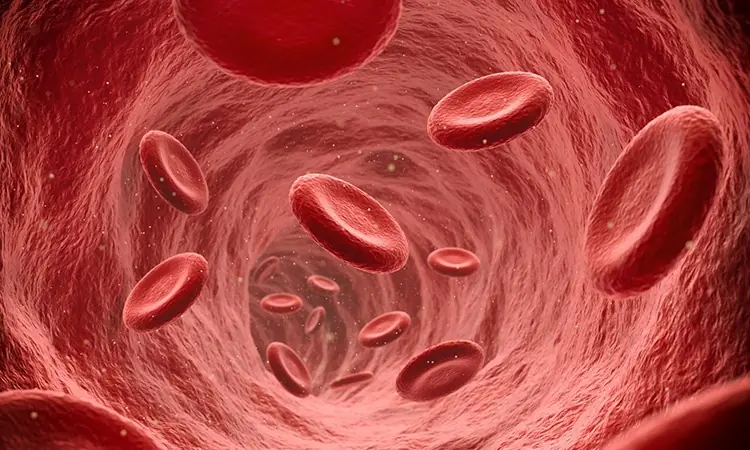
Simple Ways to Lower Cholesterol Naturally

10 Simple Lifestyle Changes That Drastically Reduce Your Stroke Risk

Ginger and Red Date Tea: The 97-Year-Old Grandma’s Secret Longevity Drink

How to Remove Age Spots Naturally with Lemon Juice

Molasses Stops Insulin Resistance Almost Immediately — Here's How to Use It

15 Silent Signs You’re Dangerously Low on Vitamin B12

The Potassium Powerhouse: What Eating Bananas Daily Does to Your Blood Pressure
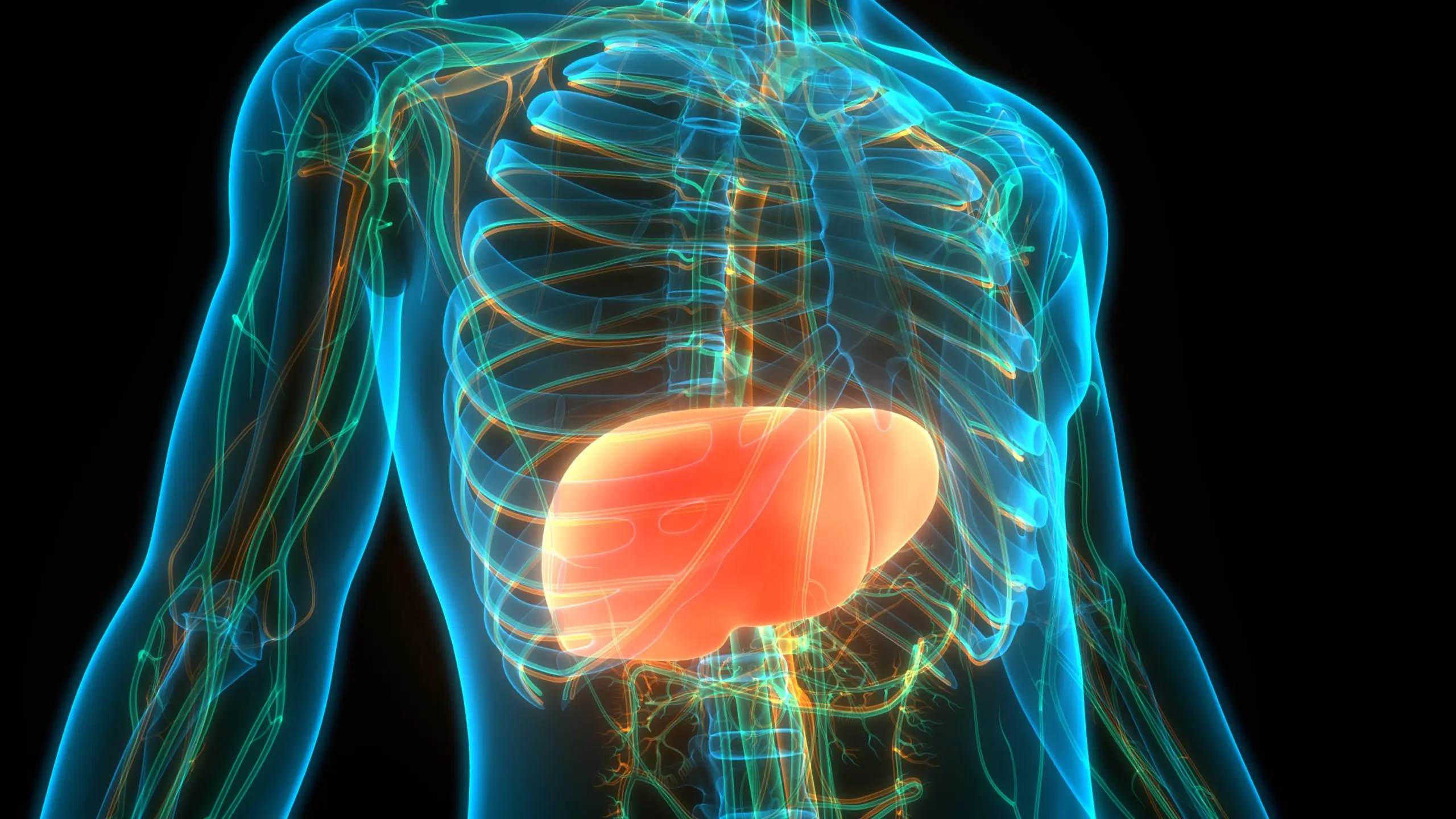
A Powerful Two-Ingredient Mixture for Cleansing Your Liver

One Vitamin That Could Transform Your Circulation
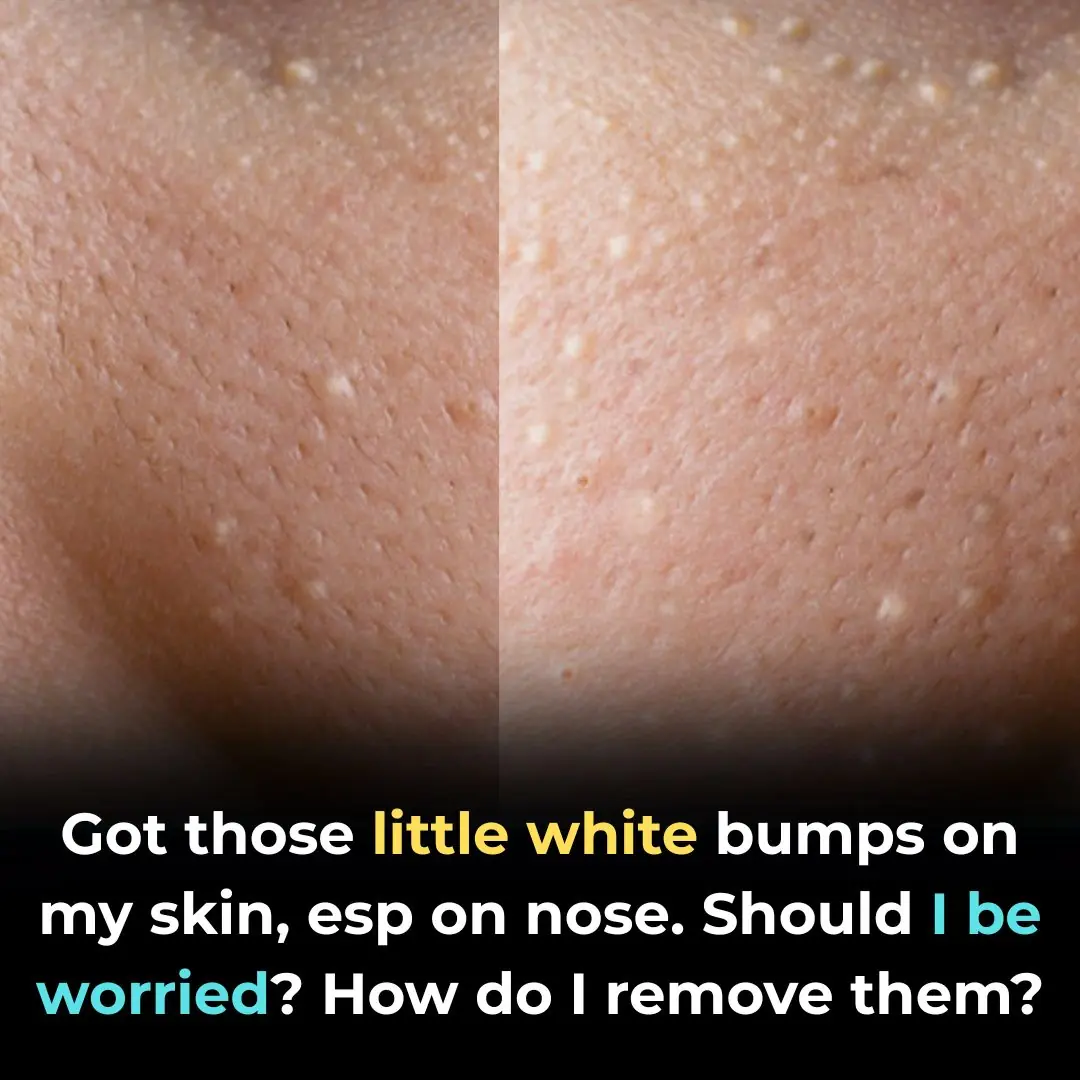
White Bumps on Your Face Don’t Try to Remove Them

Signs and Symptoms That May Indicate High Cholesterol Levels

9 Signs of Diabetes That Appear at Night: What You Need to Know!
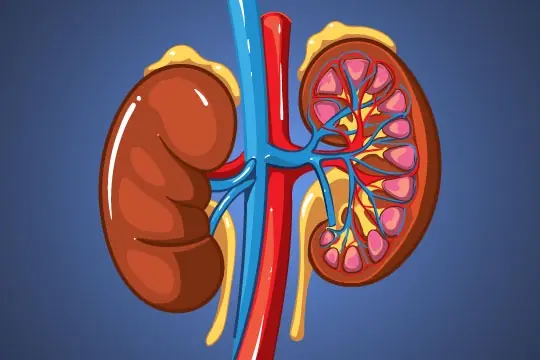
Healing Kidneys Naturally with Herbal Leaves: Supportive Strategies

If Bruises Keep Showing Up Out Of Nowhere This Is What It Means for Your Health

8 EARLY WARNING SIGNS OF OVARIAN CANCER WOMEN SHOULD NEVER IGNORE THESE
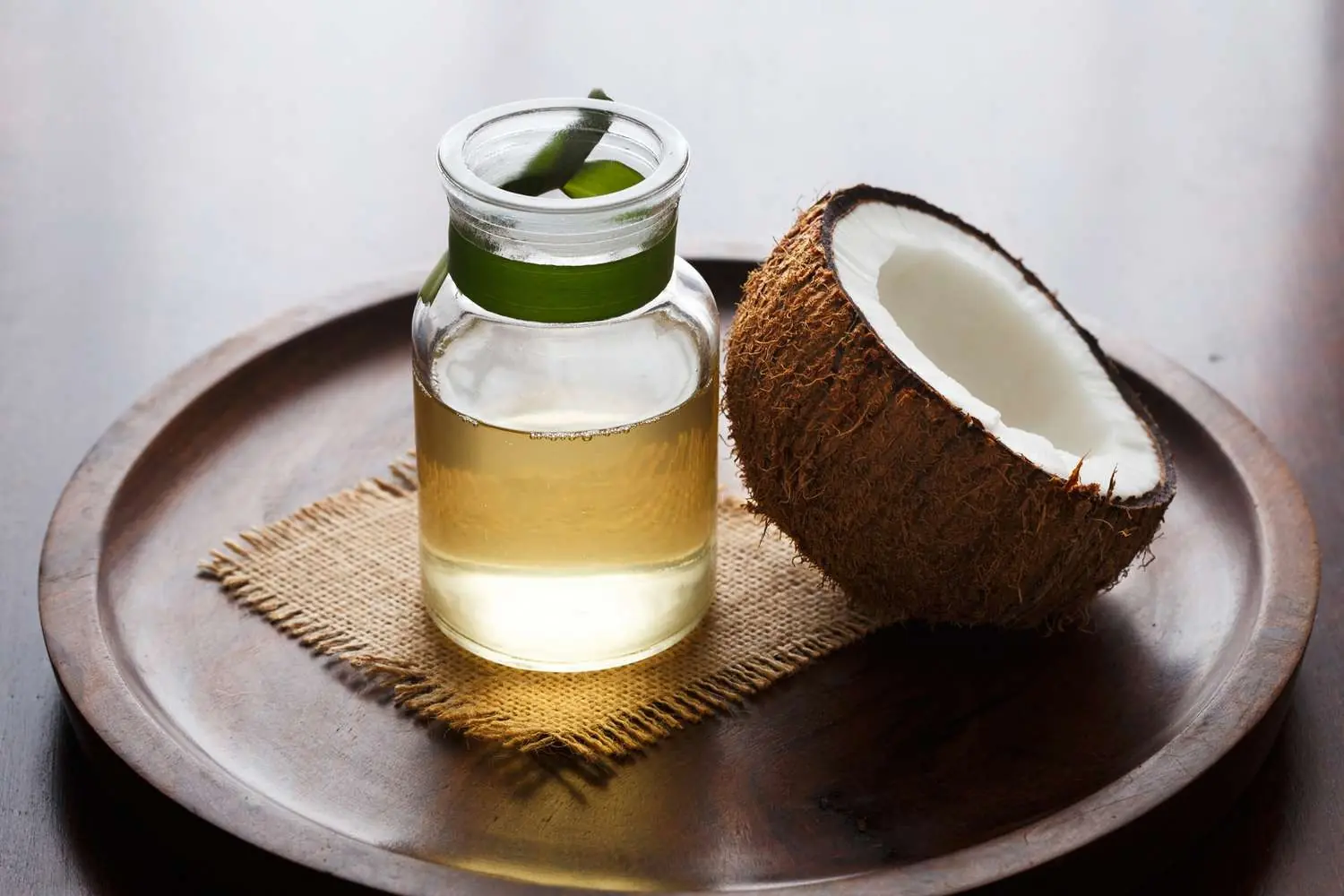
6 Ways Coconut Oil Can Benefit Those With Thyroid Problems
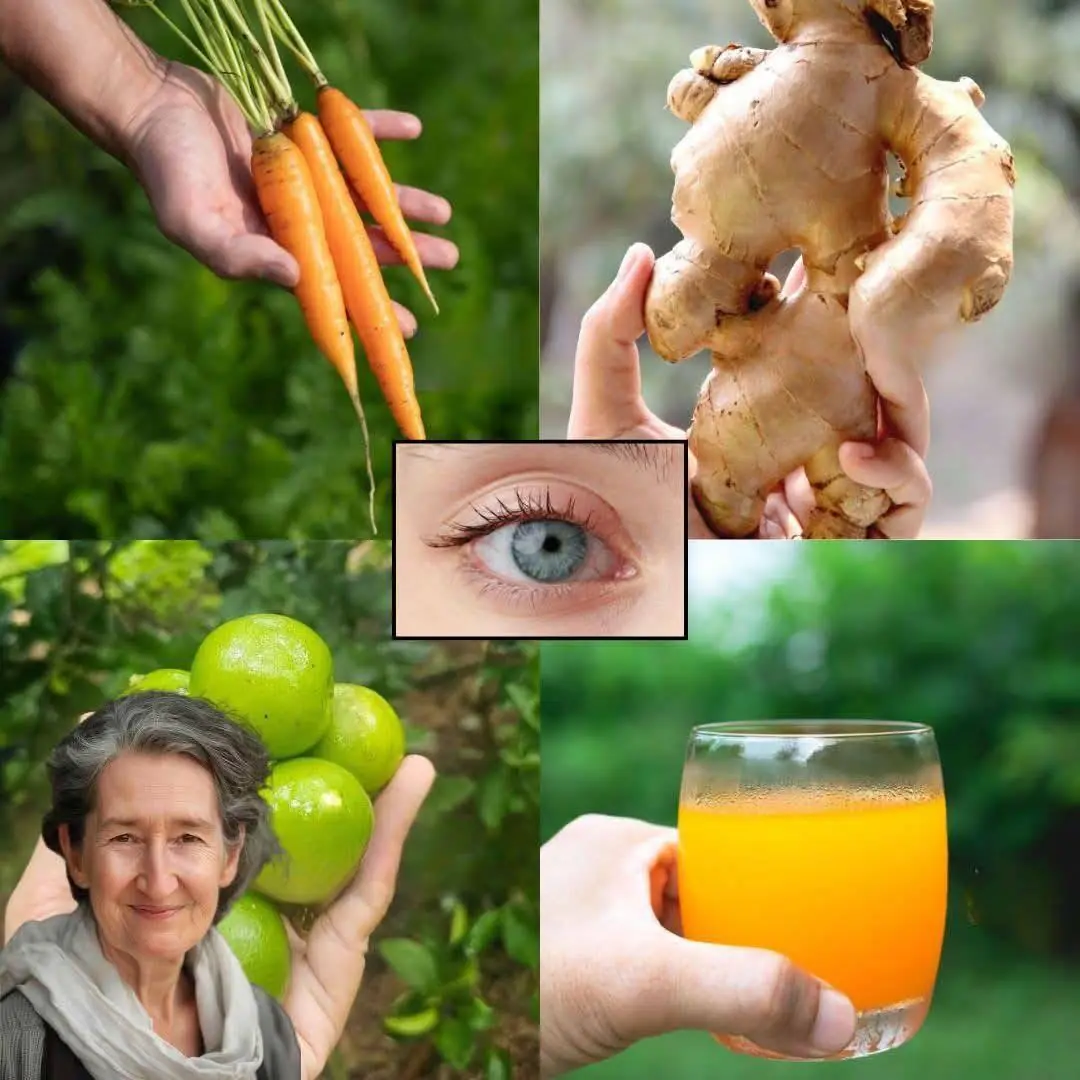
Top 5 Drinks To Improve Vision Naturally (Science-Backed)

12 Surprising Skin Changes That May Signal Diabetes (A Must-Know Guide)
News Post

Just Add a Few Drops of This When Frying Eggs — They Puff Up Fluffy and Soft, Two Eggs Seem Like Four

KISS legend Gene Simmons, 76, hospitalized after scary car crash in Malibu

Pick your wing to reveal who your guardian angel is

Little Button on Your Seat Belt

Papaya Leaves: Do Not Make This Hair Treatment if You’re Not Ready for Extreme Hair Growth

Kylie Kelce has the best reaction to Taylor Swift’s raunchy ‘Wood’ song about brother-in-law Travis
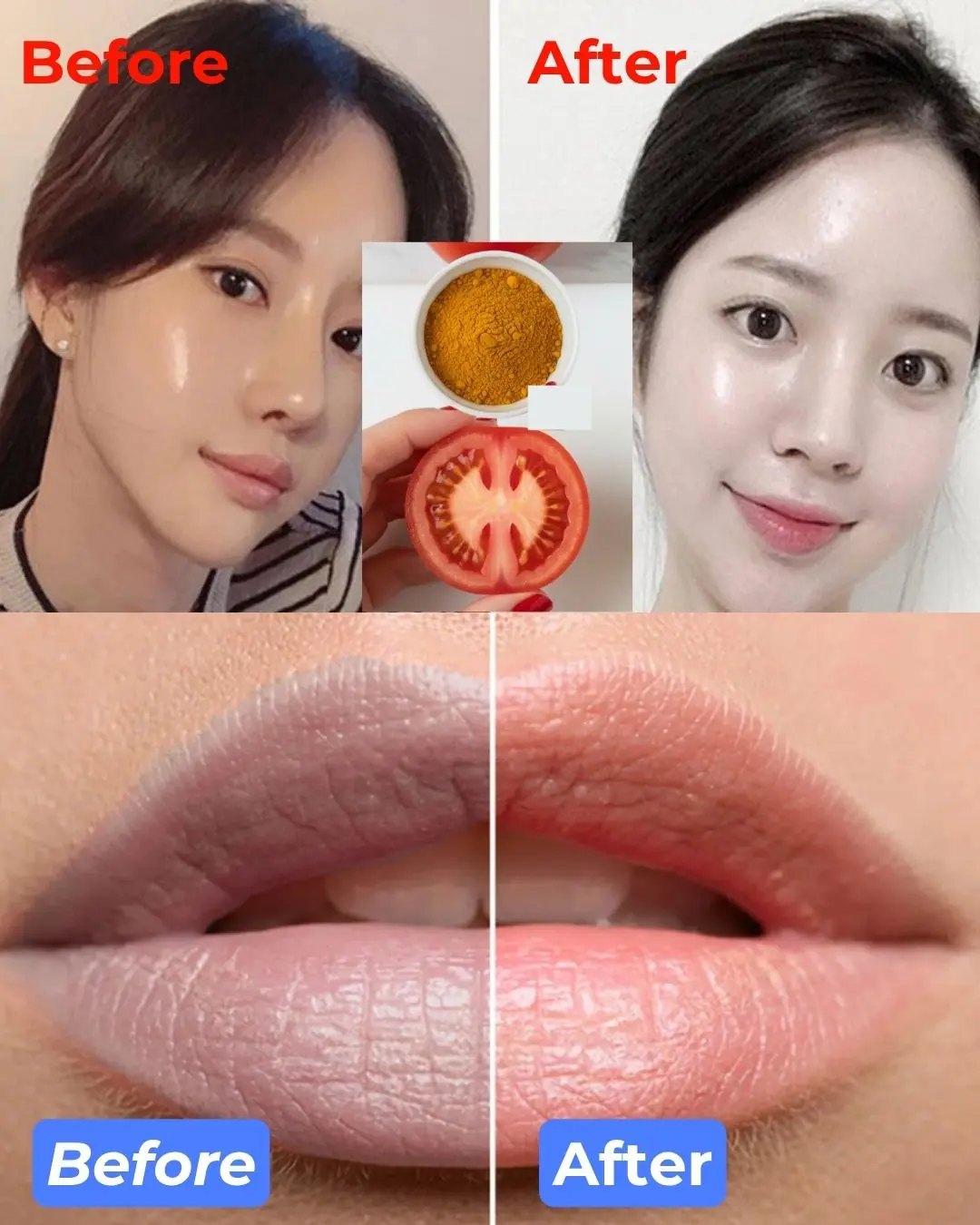
DIY Tomato and Turmeric Cream for Glowing Skin and Pink Lips

50 Cent's extreme body transformation left people questioning whether it was actually real

NASA astronaut going to the Moon next year reveals bizarre act he plans to do moments before takeoff

12 Weird Diabetes Skin Problems You Need To Know

Doctors REVEAL that guava leaf tea causes in...

Simple Ways to Lower Cholesterol Naturally

The Greyhound and the Rabbit: An Unlikely Pair That Proved Love Has No Boundaries

10 Simple Lifestyle Changes That Drastically Reduce Your Stroke Risk

How the sandstone pillars of Monument Valley were actually formed

Four Boys, One Dog, Endless Courage

20+ Iceland Photos You Won’t Believe Are From This Planet

The Cop Who Fixed a Taillight and Lost Everything.

Ginger and Red Date Tea: The 97-Year-Old Grandma’s Secret Longevity Drink
